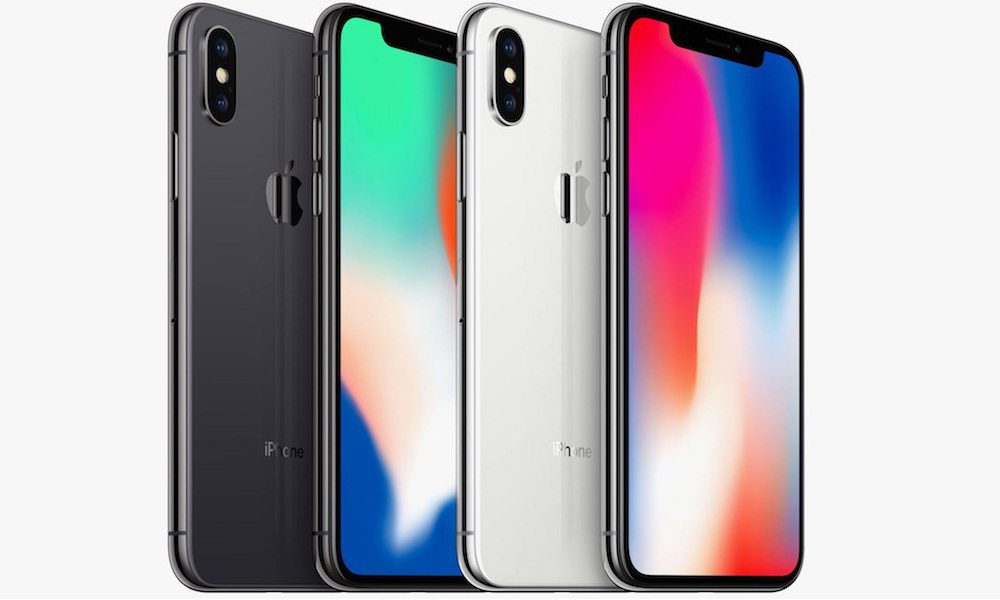Apple Claims iPhone X Demand Is ‘Off the Charts’

Toggle Dark Mode
Apple’s initial supply of the tenth anniversary iPhone X has sold out in less than ten minutes thanks to “off the charts” demand. Shortly after the iPhone X went on sale at 12:01 a.m. PT on Friday, a deluge of pre-orders pushed shipping estimates out to 5 to 6 weeks, up from the original 2 to 3 week delivery schedule.
“We can see from the initial response, customer demand is off the charts,” an Apple spokeswoman told Reuters. “We’re working hard to get this revolutionary new product into the hands of every customer who wants one, as quickly as possible.”
The news that Apple’s most expensive smartphone had sold out in a matter of minutes came as a relief to investors and Apple shares rallied by 3 percent as a result. The iPhone X costs $999 with 64GB of storage and $1,149 with 256GB, and comes with advanced features like Face ID, an OLED display, and a TrueDepth camera.
However, supply constraints are a big part of the reason Apple has exhausted its iPhone X supply so rapidly. A few weeks ago, KGI Securities analyst Ming-Chi Kuo estimated that the company would stockpile just 2 to 3 million units of the device prior to the November 3 shipping date due to manufacturing issues. He blamed technical difficulties surrounding the manufacture of flexible printed circuit boards and TrueDepth camera components for the bottleneck. Earlier this week, The Nikkei Asian Review reported that Apple’s expected annual output of the iPhone X had been halved to just 20 million units due to issues with the assembly of face identification modules, among other components. Going into next year, production is expected to stabilize as Apple secures other suppliers and manufacturers.
Sales of the iPhone X may have also depressed demand for the iPhone 8 and 8 Plus. The latter two devices, which debuted in September, have only accounted for 16 percent of iPhone sales in the September quarter, whereas the iPhone 7 and 7 Plus accounted for 43 percent of sale during the same period last year.
“It seems when Apple announced the the forthcoming iPhone X, it changed the market dynamic, and probably depressed demand for the iPhone 8 and 8 Plus,” said Mike Levin, co-founder of Consumer Intelligence Research Partners, to The Guardian. “Rather than waiting for and buying the iPhone 8, it looks like buyers in this quarter either bought existing models, or decided to wait for iPhone X, later in the year.”






